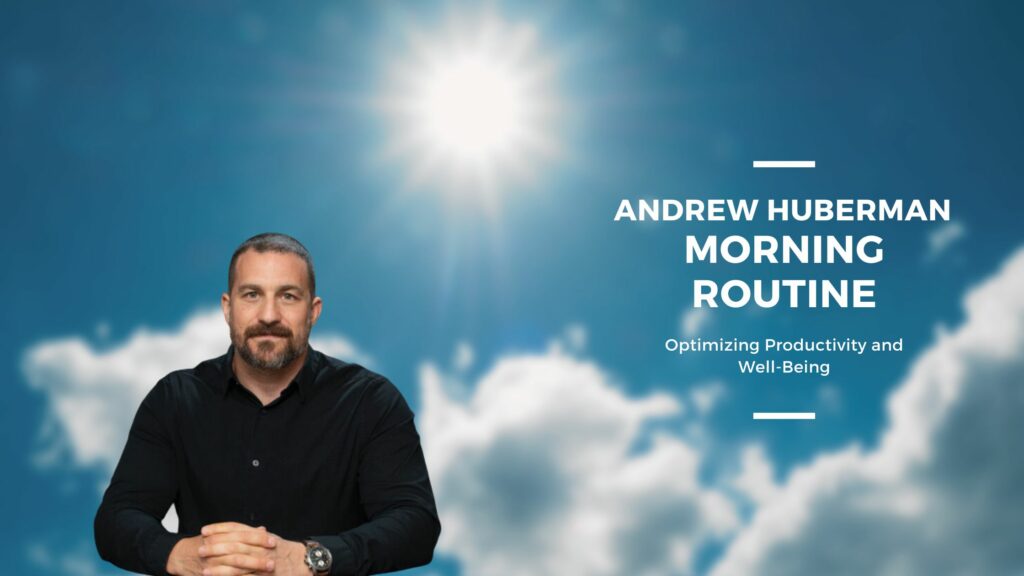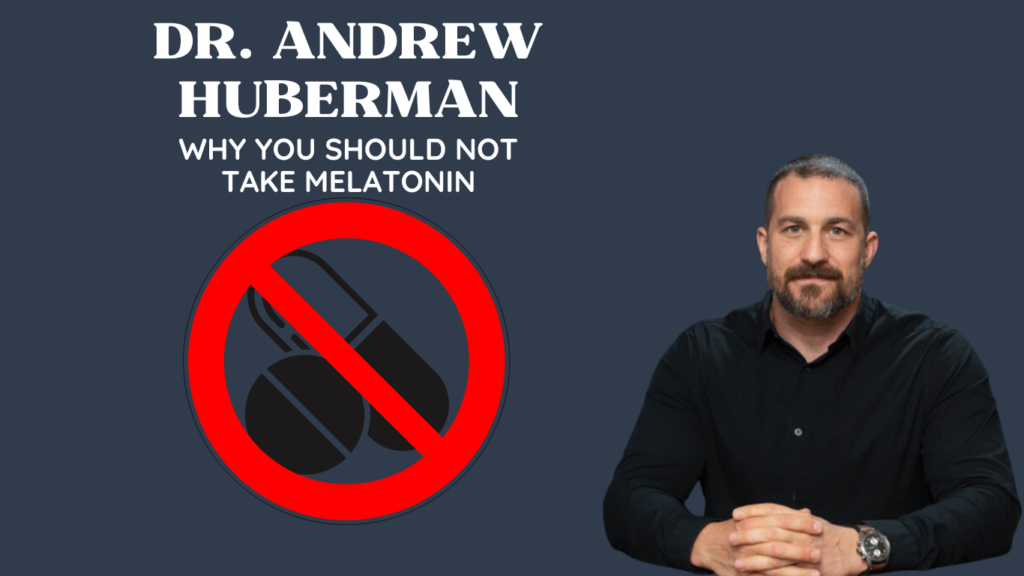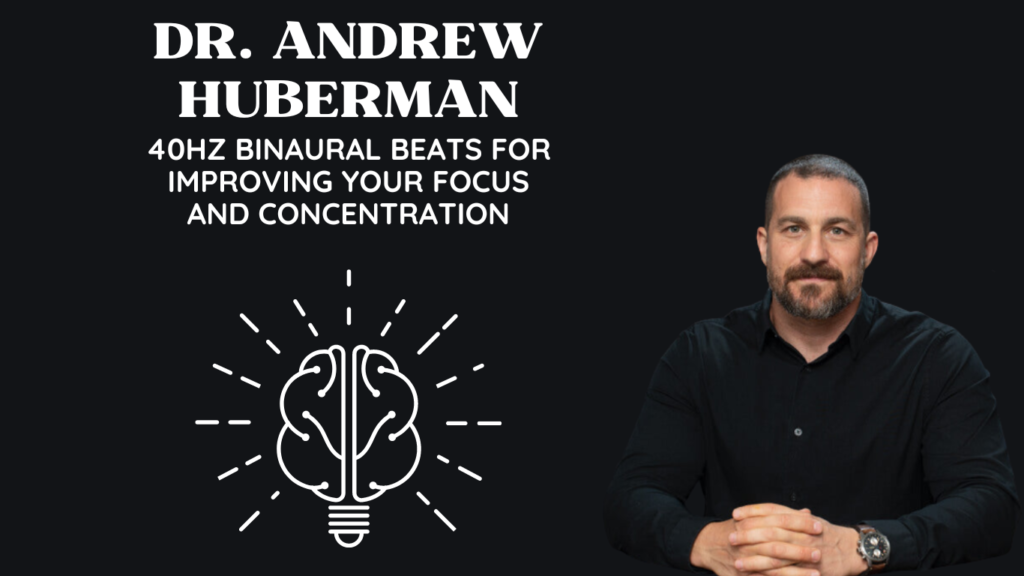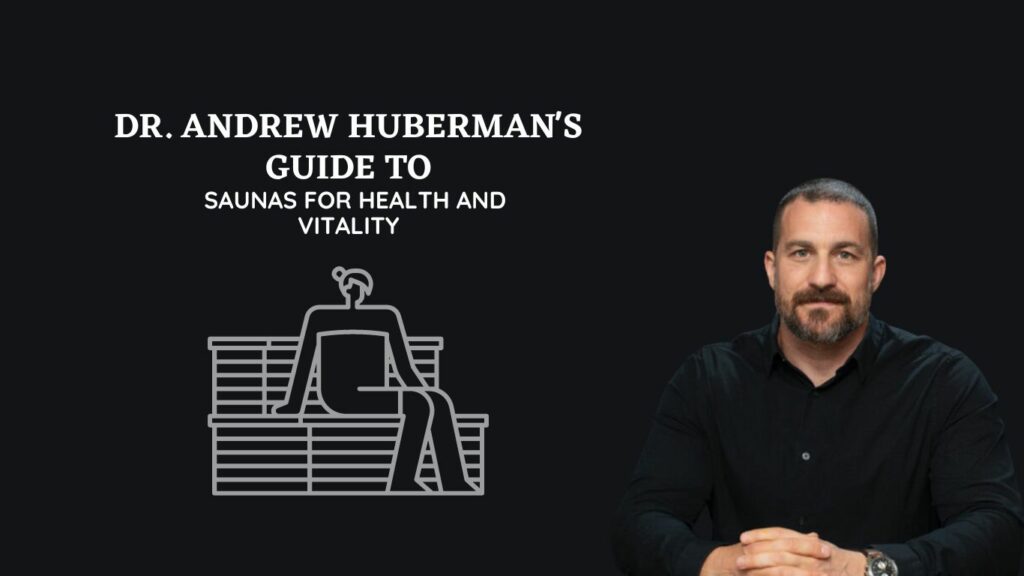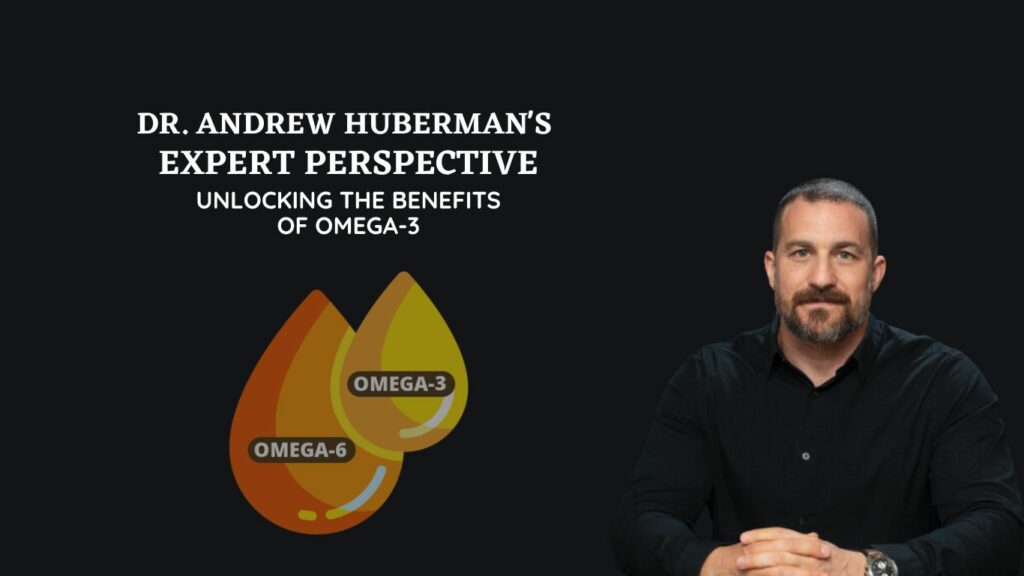I wanted to share with you an incredible morning routine that has transformed my productivity and overall well-being. It's called the Andrew Huberman Morning Routine, and it's based on the insights of Dr. Andrew Huberman.
We all know how important it is to start our day on the right foot, and Dr. Huberman's routine has truly been a game-changer for me. By incorporating specific practices into my morning routine, I've experienced increased energy levels, improved focus, and a more positive outlook throughout the day.
In this article, I'll walk you through the key elements of the Andrew Huberman Morning Routine, explaining the science behind each step and answering some common questions. From harnessing the power of sunlight and optimizing hydration to engaging in cognitive and physical challenges, this routine covers all aspects of a well-rounded morning routine.
Andrew Huberman’s Morning Routine is:
- Wake Up: at around 6AM
- Hydration: drinks lemon water with salt
- Meditation: yoga nidra or mindfulness meditation
- Sunlight: getting sunlight exposure outside.
- Cognitive challenges: engages in cognitively challenging tasks in the first 90 minutes.
- Physical challenges: goes to the gym or cardio exercise.
- First meal: eats a nutritious meal after exercising.
So, if you're looking to supercharge your mornings and unlock your full potential, keep reading to discover the secrets of the Andrew Huberman Morning Routine! Trust me, it's worth it.
Quick Facts:
🌞 Getting natural light in your eyes early in the day has numerous benefits for sleep, energy, mood, wakefulness, and metabolism.
💧 Hydrating with water is important in the morning.
☕ Caffeine intake should be delayed for 90 to 120 minutes after waking up.
🧠 Engage in cognitively challenging tasks in the first 90 minutes after waking up, such as reading research articles or working on documents.
🚶♂️ Taking a walk or spending time outside in the morning is beneficial.
🏋️♂️ Incorporate physical exercise, such as weight training, into your routine.
🏃♂️ Cardio exercises like jogging, skipping rope, or swimming can be done on off days.
🥗 Have a nutritious meal after exercising, such as oatmeal, fruit, fish oil, and a protein drink.
😴 Consider taking a 10 to 30-minute nap, for refreshing rest.
📝 Focus on deep, concentrated work during specific periods, rather than constantly multitasking.
🕒 Structure your day to have productive mornings and afternoons, with designated times for focused work.
📱 Minimize distractions by keeping your phone off or away during workouts and work sessions.
🍽 Enjoy a substantial lunch, potentially including steak, salad, starch, and Brazil nuts.
😴 Naps can have varying effects, from pleasant to disorienting, and it's important to find what works best for you.
🍵 A double espresso can be helpful after an early nap to regain focus.
🌅 Strive to reach the evening with accomplished tasks, so you can engage in activities you enjoy.
The Power of Sunlight: Boosting Sleep, Energy, and Mood

Getting Morning Sunlight
It turns out that exposing yourself to natural light early in the day can have profound effects on your sleep, energy levels, and mood.
Dr. Andrew Huberman wakes up around 6 AM, and he emphasizes the importance of getting bright, natural light in your eyes within the first three hours of waking up. This simple practice sets in motion a cascade of neurobiological and hormonal processes that benefit your overall well-being.
So, why is sunlight so powerful?
Well, exposure to natural light helps regulate our internal body clock, also known as the circadian rhythm. This clock plays a crucial role in controlling our sleep-wake cycle, hormone production, and even metabolism.
By exposing yourself to sunlight in the morning, you signal to your body that it's time to wake up and be alert. This can improve your sleep quality by helping you feel more tired and ready for bed at the appropriate time in the evening. Additionally, sunlight exposure stimulates the production of serotonin, a neurotransmitter that promotes feelings of happiness and well-being.
Now, I know not everyone lives in a sunny paradise, but even on cloudy days or during winter months, you can still benefit from artificial light that mimics natural sunlight. Just make sure to avoid wearing sunglasses or relying solely on light filtering through windows, as direct exposure is key.
So, next time you wake up, make it a habit to step outside and soak in some rays. Your sleep, energy levels, and mood will thank you.
Hydration and Caffeine: Energizing the Body

Hydrate
Let's explore another important aspect of the Andrew Huberman Morning Routine: hydration and caffeine. Dr. Andrew Huberman emphasizes the significance of these two elements in energizing the body and kickstarting the day on the right note.
First things first, hydration. After waking up, it's crucial to replenish your body with water. Water helps hydrate your cells, supports overall bodily functions, and prepares you for the day ahead. It's recommended to start your morning with a refreshing glass of water, as it helps to rehydrate your body after hours of sleep.
Now, let's talk about caffeine. Dr. Huberman suggests waiting approximately 90 to 120 minutes after waking up before consuming caffeine. This allows your body's natural processes, particularly the adenosine system, to kick in and optimize your body's response to caffeine. By timing your caffeine intake strategically, you can enhance its effects and prevent interference with your natural wakefulness and energy levels.
Dr. Huberman personally enjoys yerba mate as his preferred form of caffeine. However, he also suggests using electrolyte supplements like Element or adding a pinch of sea salt to your water as an alternative. These supplements can provide additional hydration and necessary minerals to support your body's functions.
Remember, moderation is key when it comes to caffeine intake. Be mindful of your body's tolerance and listen to its signals. Stay hydrated, caffeinate strategically, and get ready to seize the day!
Cognitive and Physical Challenges: Setting the Tone for the Day

Activate your Brain & Body
Dr. Andrew Huberman believes in starting the day by engaging in activities that stimulate both the mind and body, setting the tone for a productive and fulfilling day ahead.
In the first 90 minutes after waking up, Dr. Huberman focuses on avoiding distractions like email and social media. Instead, he dedicates this time to tackle cognitively demanding tasks. Whether it's reading a research article, working on a document, or planning a podcast, he aims to conquer at least one mentally challenging activity each day.
Engaging in such activities not only provides a sense of accomplishment but also sharpens cognitive skills, enhances focus, and boosts overall brain function. By dedicating focused time to these tasks early in the morning, Dr. Huberman avoids the potential distractions that come with the rest of the day.
Additionally, Dr. Huberman acknowledges the importance of physical challenges in his morning routine. While his workouts are not extreme, he emphasizes the significance of regular physical activity. On weight training days, he follows a consistent routine of 45 to 60 minutes of focused exercise, alternating between upper-body and lower-body workouts. On days off, he incorporates cardio exercises such as jogging, skipping rope, or even swimming.
By engaging in physical challenges, Dr. Huberman promotes not only physical health but also mental well-being. Exercise has been shown to boost mood, improve cognitive function, and increase overall energy levels. It also enhances focus and productivity throughout the day.
So, fellow biohackers, let's take a page from Dr. Huberman's book and incorporate cognitive and physical challenges into our morning routines. Whether it's solving puzzles, engaging in creative tasks, or hitting the gym, let's set the tone for a successful and fulfilling day ahead. Keep challenging yourselves and reaping the benefits!
Nutrition and Meal Timing: Fueling the Body

First Meal
Dr. Andrew Huberman emphasizes the importance of fueling our bodies with the right foods at the right times to optimize our energy levels, focus, and overall well-being throughout the day.
Dr. Huberman follows a strategic approach to his morning nutrition. Upon waking up, he prioritizes hydration by consuming water or electrolyte-rich beverages to replenish the body after a night of fasting. This helps kickstart the metabolism and supports cognitive function.
When it comes to meal timing, Dr. Huberman practices intermittent fasting, which involves restricting the eating window to a specific timeframe. He aims for a 12- to 14-hour fasting period, which means that he finishes his last meal of the day relatively early in the evening and delays his first meal until later in the morning. This approach has been shown to have various health benefits, including improved insulin sensitivity, better digestion, and increased fat burning.
When it comes to actual food choices, Dr. Huberman prioritizes nutrient-dense, whole foods. He emphasizes the importance of consuming a balance of macronutrients, including proteins, healthy fats, and complex carbohydrates. Some of his go-to breakfast options include eggs, avocado, vegetables, and whole grains.
By following a strategic approach to nutrition and meal timing, Dr. Huberman ensures that his body receives the necessary fuel to support optimal energy levels, mental clarity, and overall health. While his approach may not be suitable for everyone, it serves as a reminder to prioritize wholesome, nutrient-rich foods and to be mindful of when and how we nourish our bodies.
Remember, nutrition is a highly individualized aspect of our lives, and it's crucial to find an approach that works best for our unique needs and goals. Let's fuel our bodies with nourishing foods, practice mindful eating, and explore different strategies to find what suits us best.
The Power of Napping: Enhancing Rest and Focus

Nap for a Recharge
We all know that a good night's sleep is crucial for our overall well-being, but did you know that a well-timed nap can also have significant benefits?
Dr. Andrew Huberman recognizes the importance of rest and the role napping plays in enhancing our energy levels and focus. Napping can provide a quick recharge, especially during the mid-afternoon slump when our energy tends to dip. By taking a short nap, we can boost our alertness, improve cognitive function, and enhance productivity for the rest of the day.
Dr. Huberman recommends keeping naps relatively short, typically around 20 to 30 minutes. This duration allows us to tap into the benefits of restorative sleep without entering deep stages that can lead to grogginess upon waking up. Set an alarm to ensure you don't oversleep and disrupt your nighttime sleep schedule.
Finding a quiet and comfortable environment is also key to maximizing the benefits of napping. Dimming the lights, using a sleep mask, or playing calming music can help create a conducive atmosphere for relaxation.
Of course, napping may not be feasible for everyone, especially those with demanding schedules or obligations. However, if you have the opportunity to incorporate a short nap into your day, it might be worth exploring. Just make sure to assess how it affects your nighttime sleep and adjust accordingly.
Remember, napping is a personal choice, and its effectiveness can vary from person to person. Some individuals may find napping to be a game-changer, while others may not experience the same benefits. Listen to your body, experiment with different nap durations, and see what works best for you.
Wrap-up
And that wraps up our discussion on the Andrew Huberman Morning Routine! We've covered various aspects that can help us kickstart our days with energy, focus, and improved well-being.
By incorporating sunlight exposure, staying hydrated, managing caffeine intake, engaging in cognitive and physical challenges, optimizing nutrition and meal timing, and exploring the power of napping, we can set a positive tone for the rest of our day.
Remember, these are just suggestions based on Dr. Andrew Huberman's research and recommendations. Every individual is unique, and what works for one person may not work for another. It's essential to listen to your body, experiment, and make adjustments according to your own needs and preferences.
Building a morning routine is a personal journey, and it's okay to start small. Begin by incorporating one or two elements that resonate with you and gradually add more as you see fit. The key is consistency and finding what works best for your lifestyle.
Don't forget to stay curious and continue learning. There are countless resources available that can further deepen our understanding of optimizing our mornings and overall well-being.
Lastly, I want to thank each and every one of you for reading this article and I want you to share your thoughts, experiences, and insights in the comments below. Together, we can inspire and support one another in our quest for a better morning routine.

